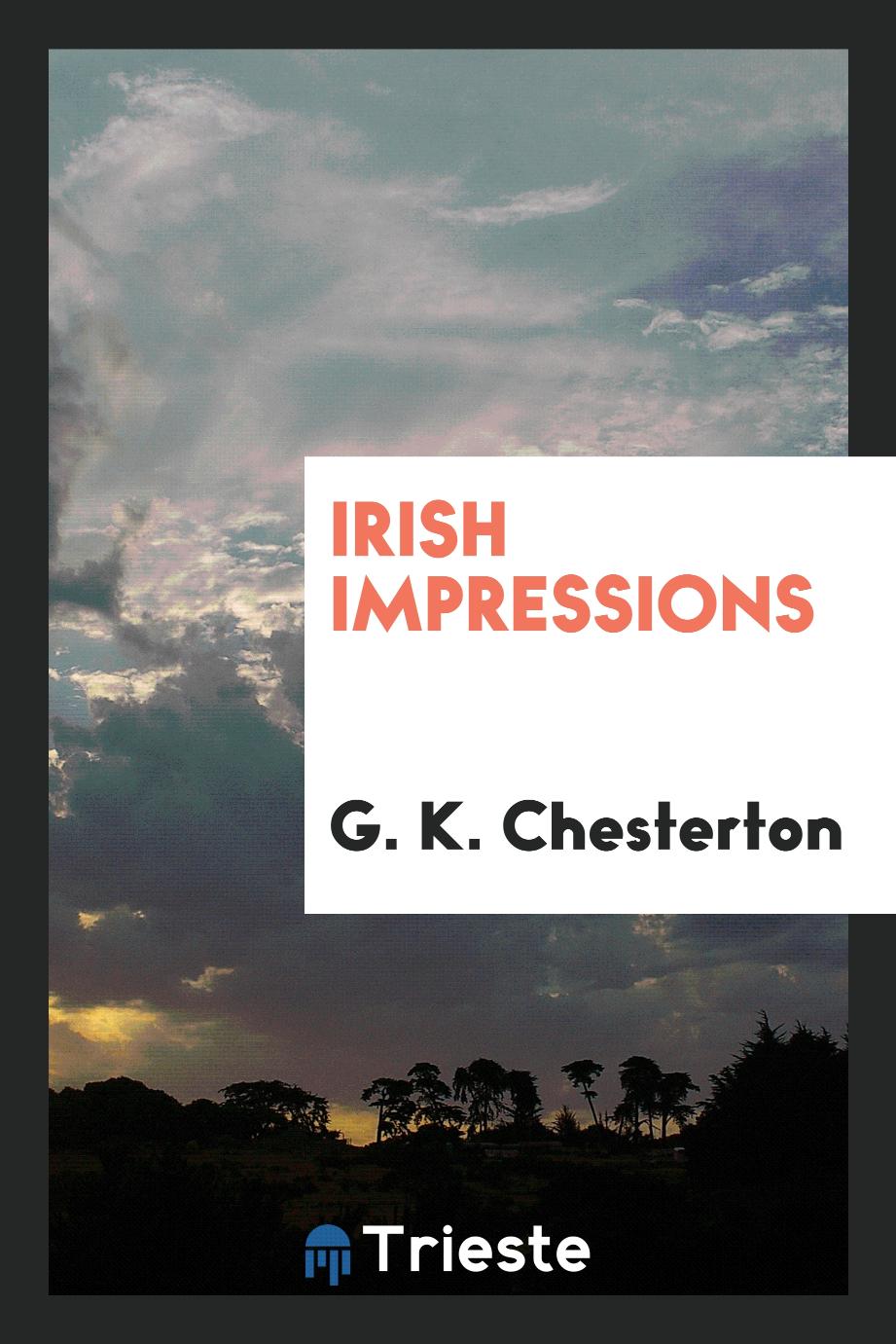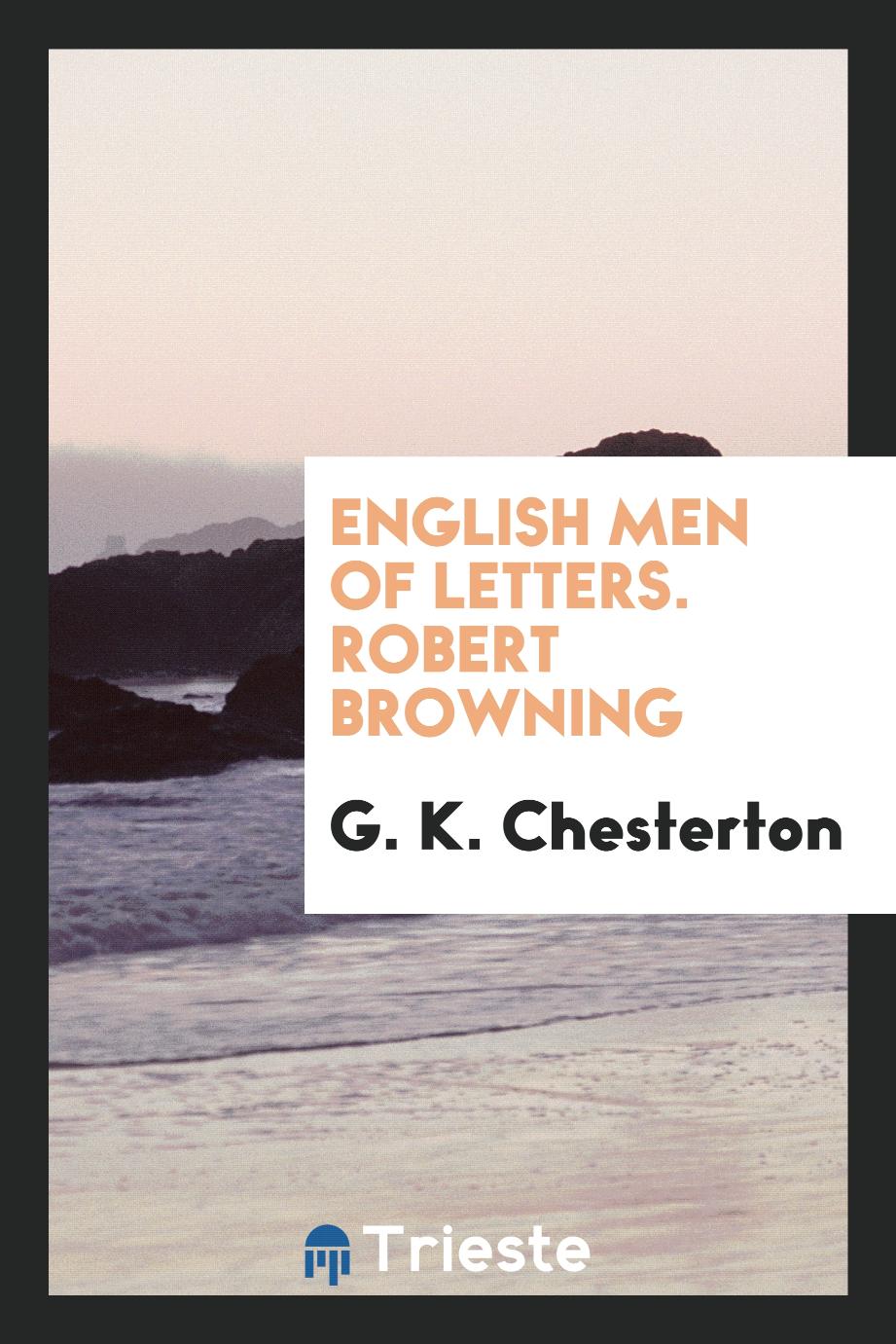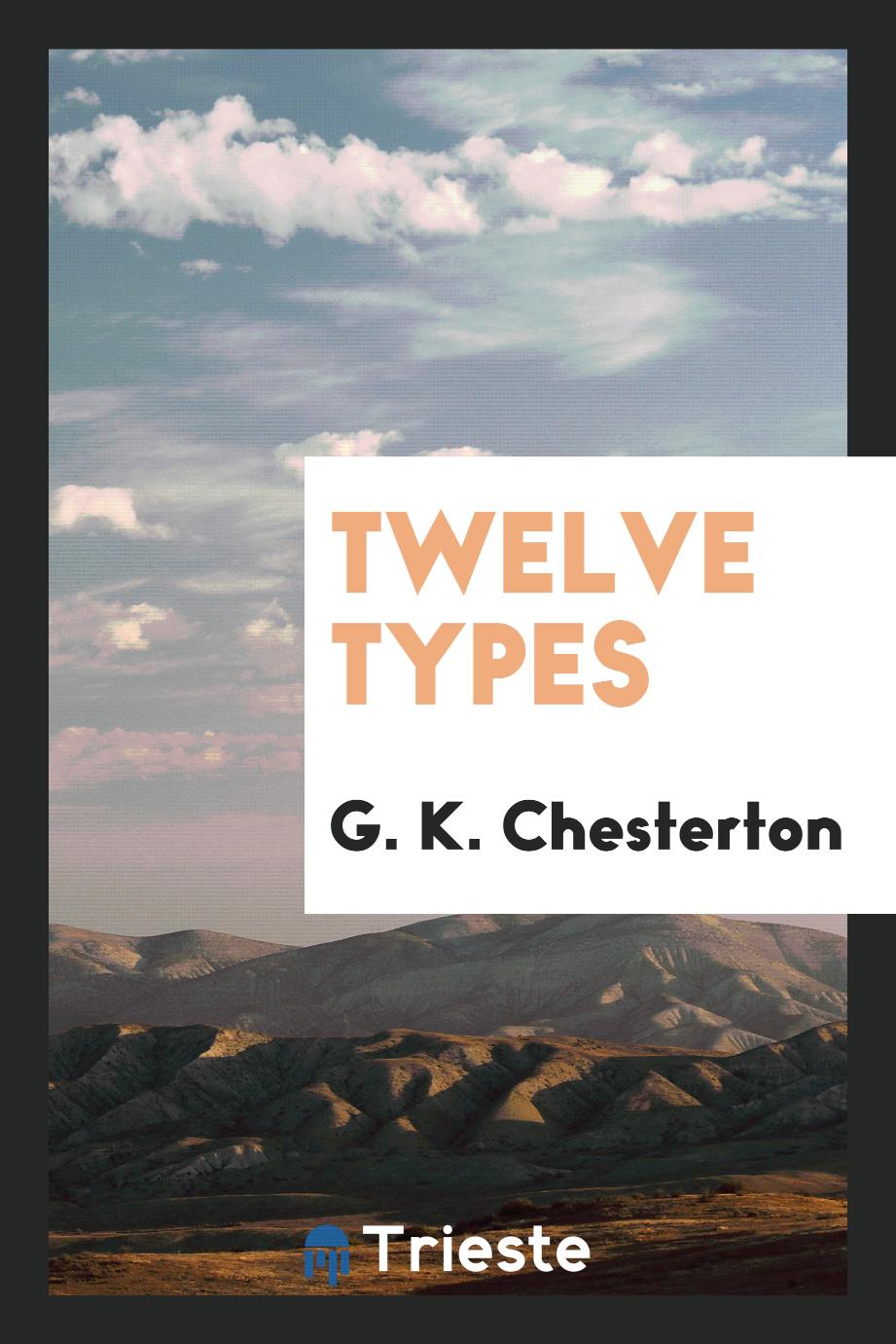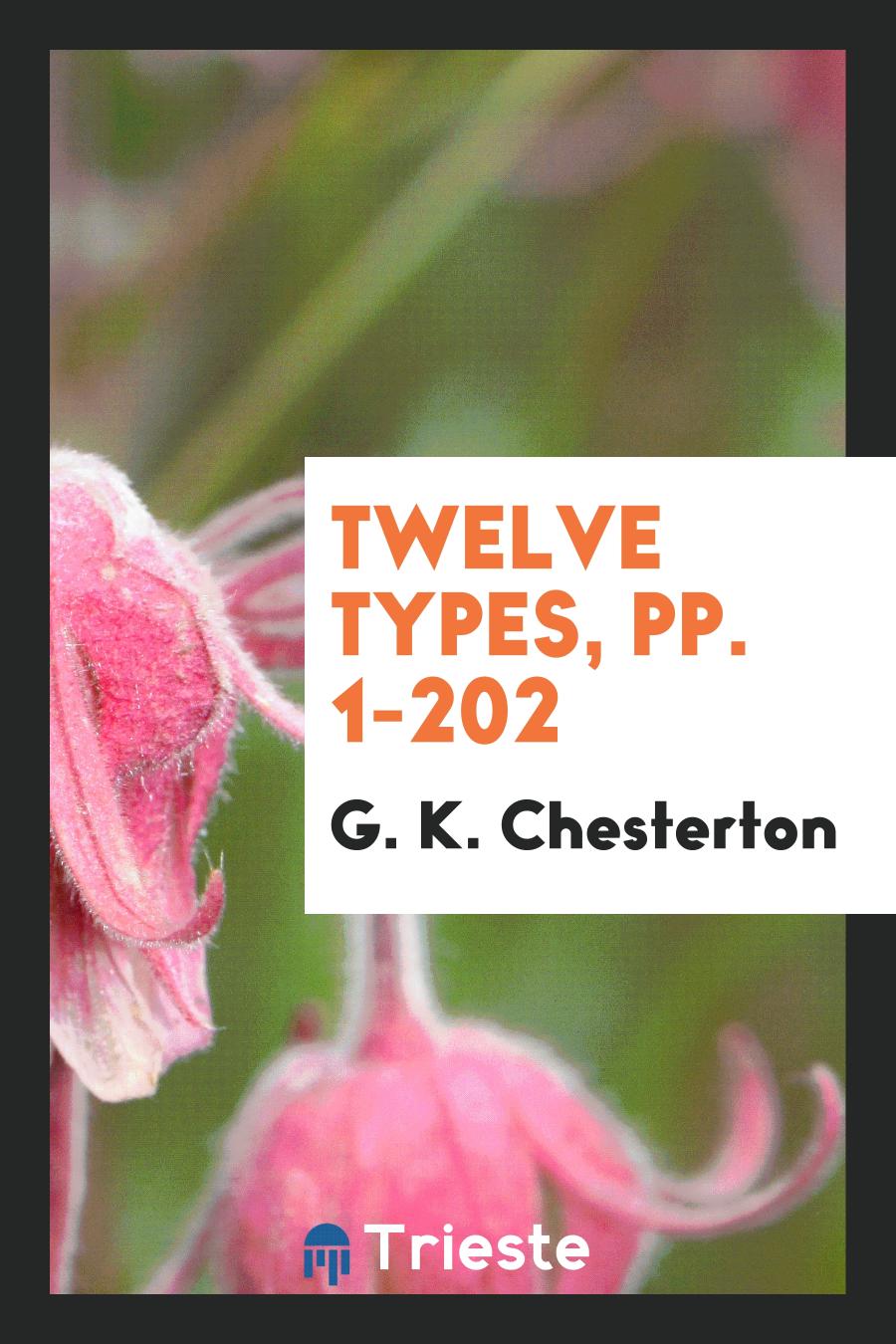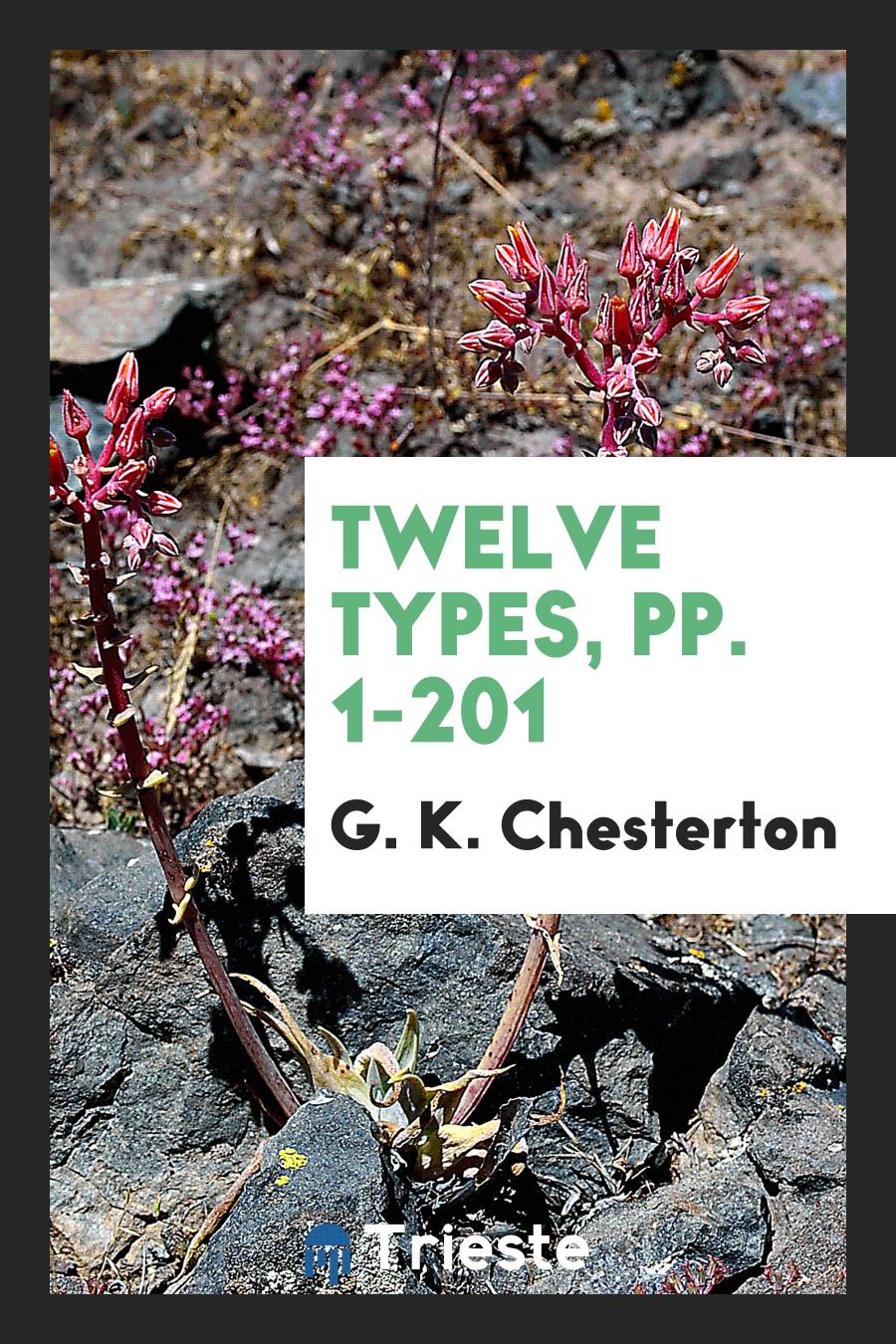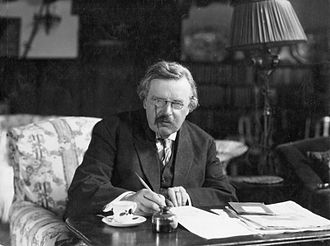
G. K. Chesterton
Gilbert Keith Chesterton (29 May 1874 to 14 June 1936) was an English author, lay theologian, philosopher and literary / art critic, and was often called the "prince of paradox". Time magazine noted that in his writing style: "Whenever possible Chesterton made his points with popular sayings, proverbs, allegories." He "carefully turned [characters] inside out." One of Chesterton's characters was the fictional priest-detective Father Brown, who wrote on apologetics. Even some his detractors have acknowledged the wide appeal of works like Orthodoxy and The Everlasting Man. Chesterton often called himself an "orthodox" Christian. Ovedr time he identified more and more with Catholicism, and eventually converted to Catholicism from his High Church Anglicanism. George Bernard Shaw, who was termed his "friendly enemy", remarked that "He was a man of colossal genius." Biographers name him as successor to the school of Victorian authors that includes Matthew Arnold, John Ruskin, Thomas Carlyle, and Cardinal John Henry Newman.
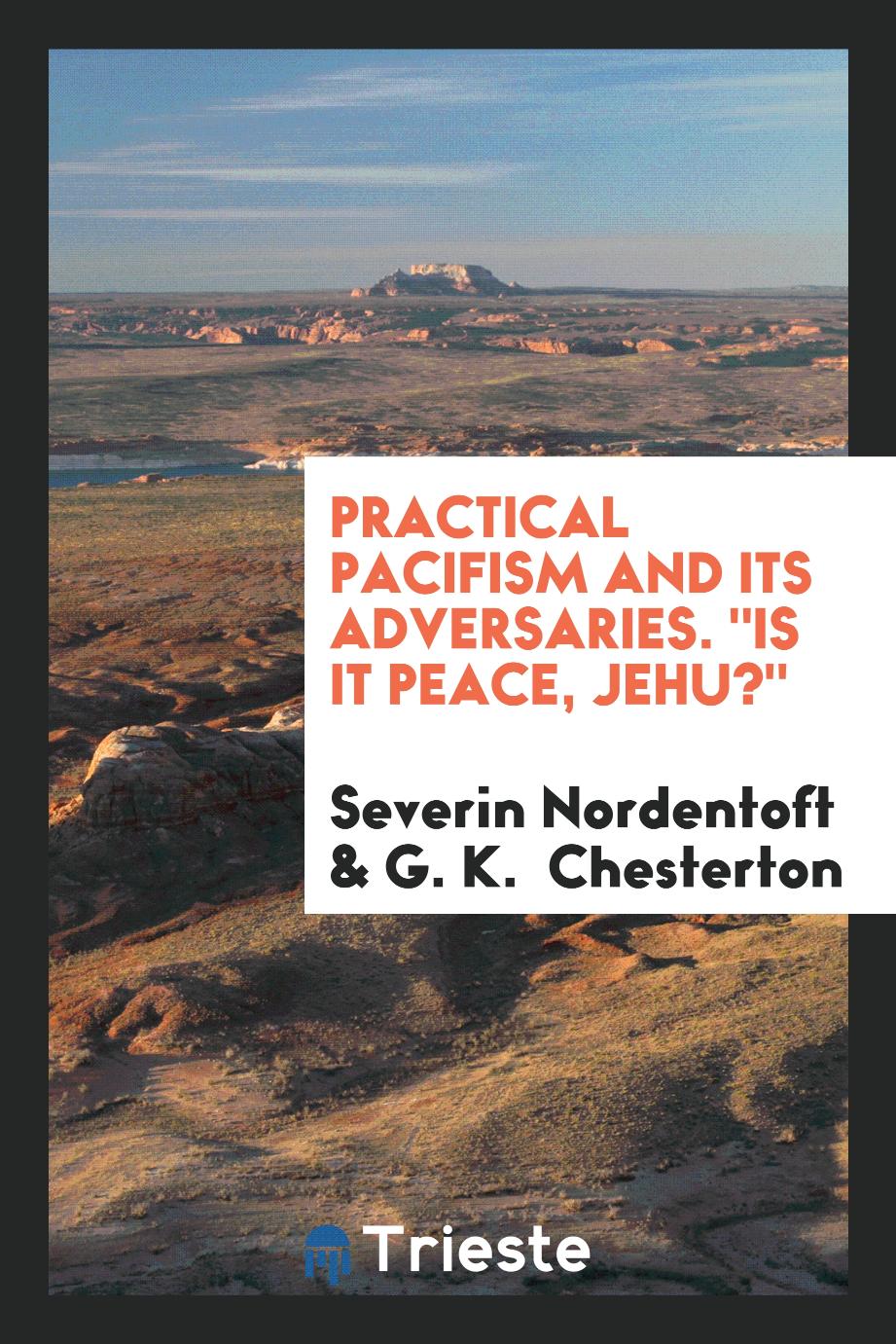
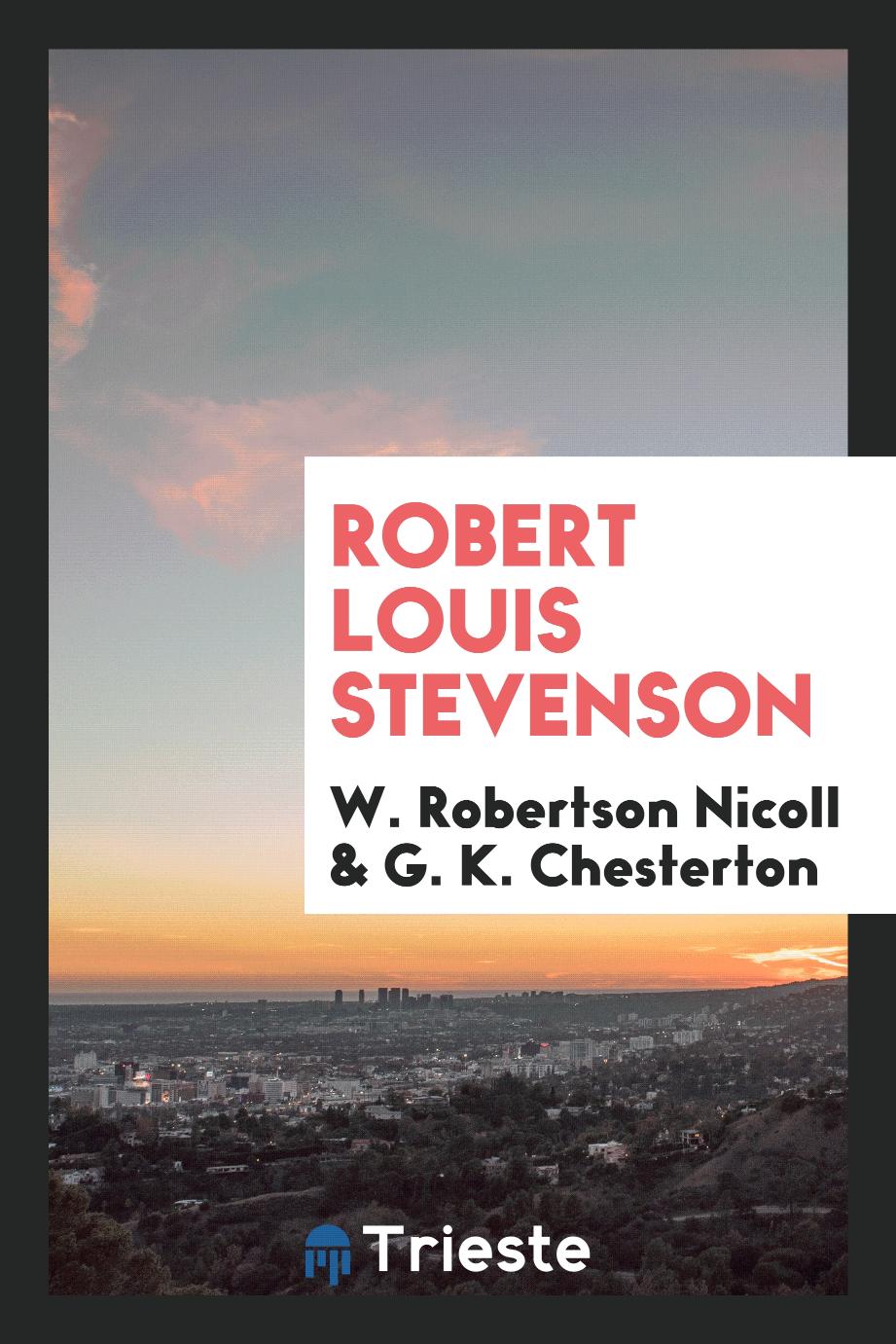
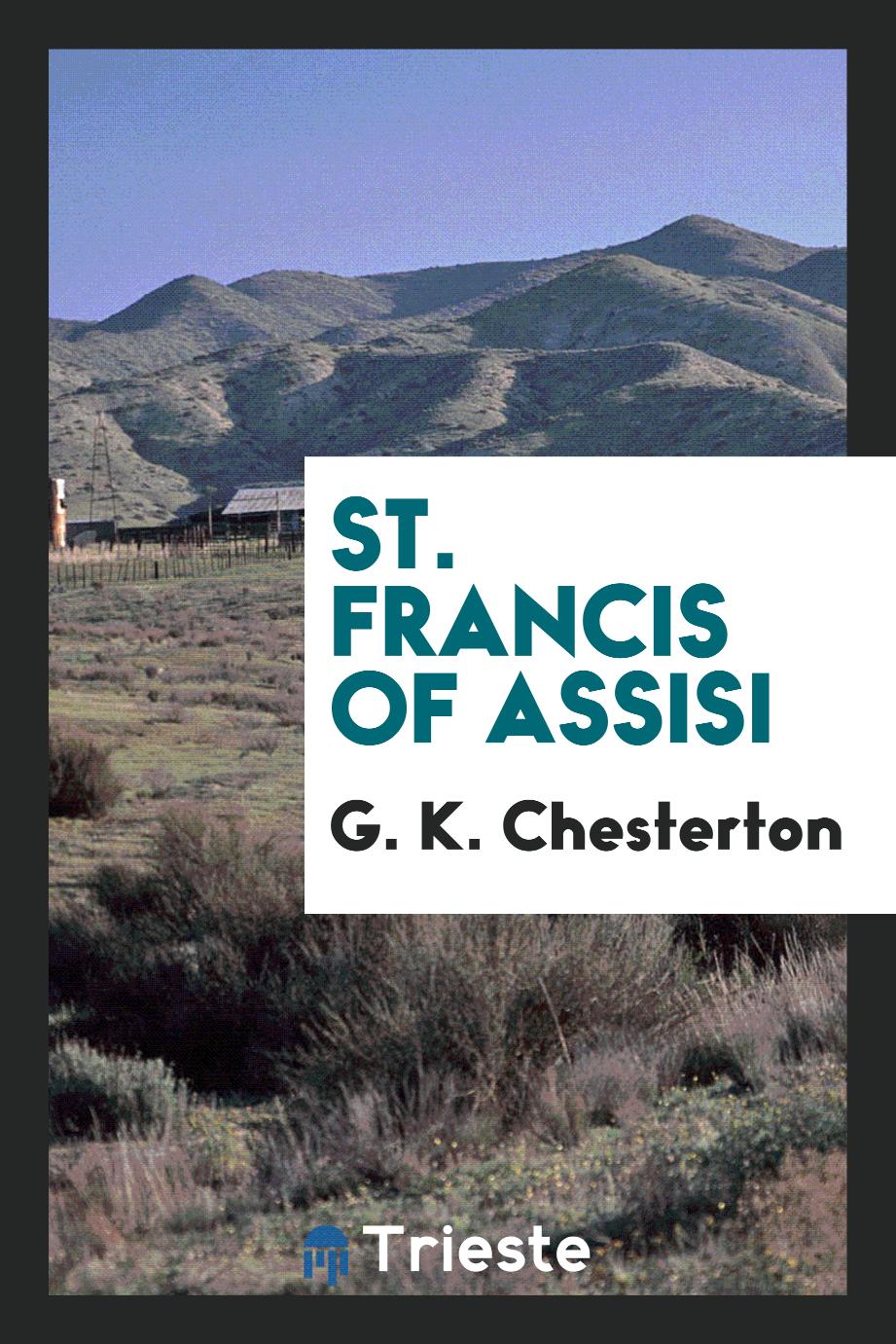
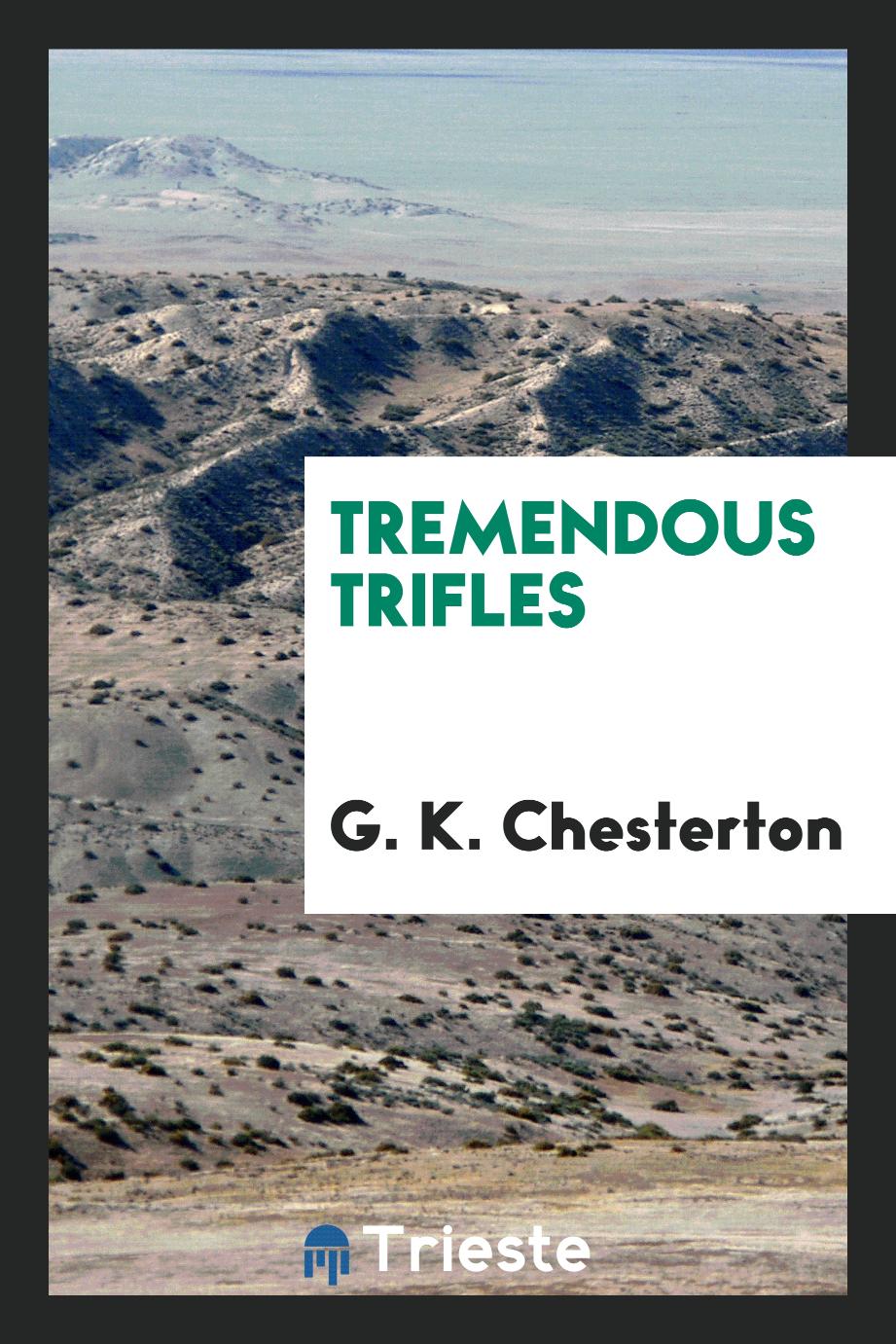
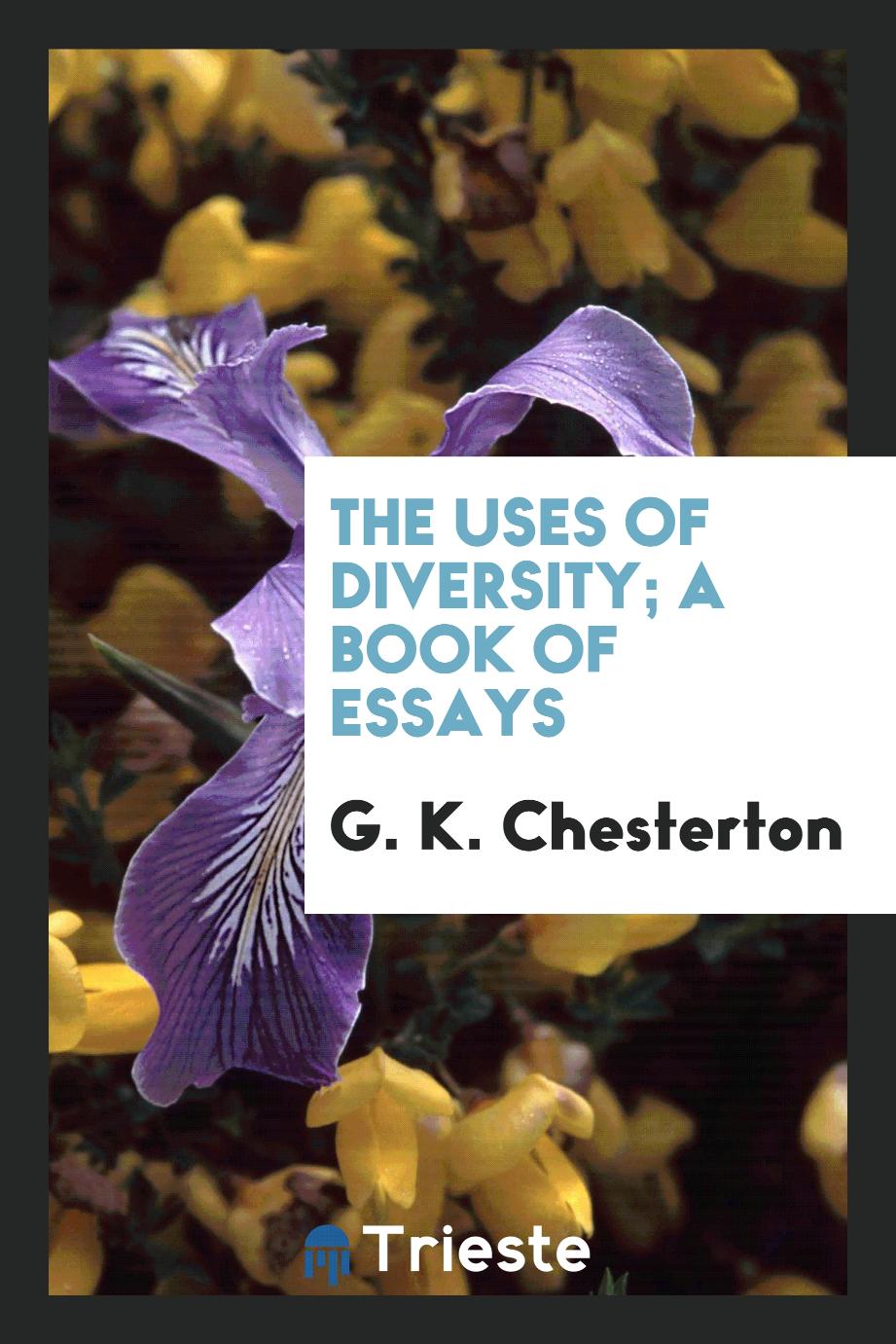
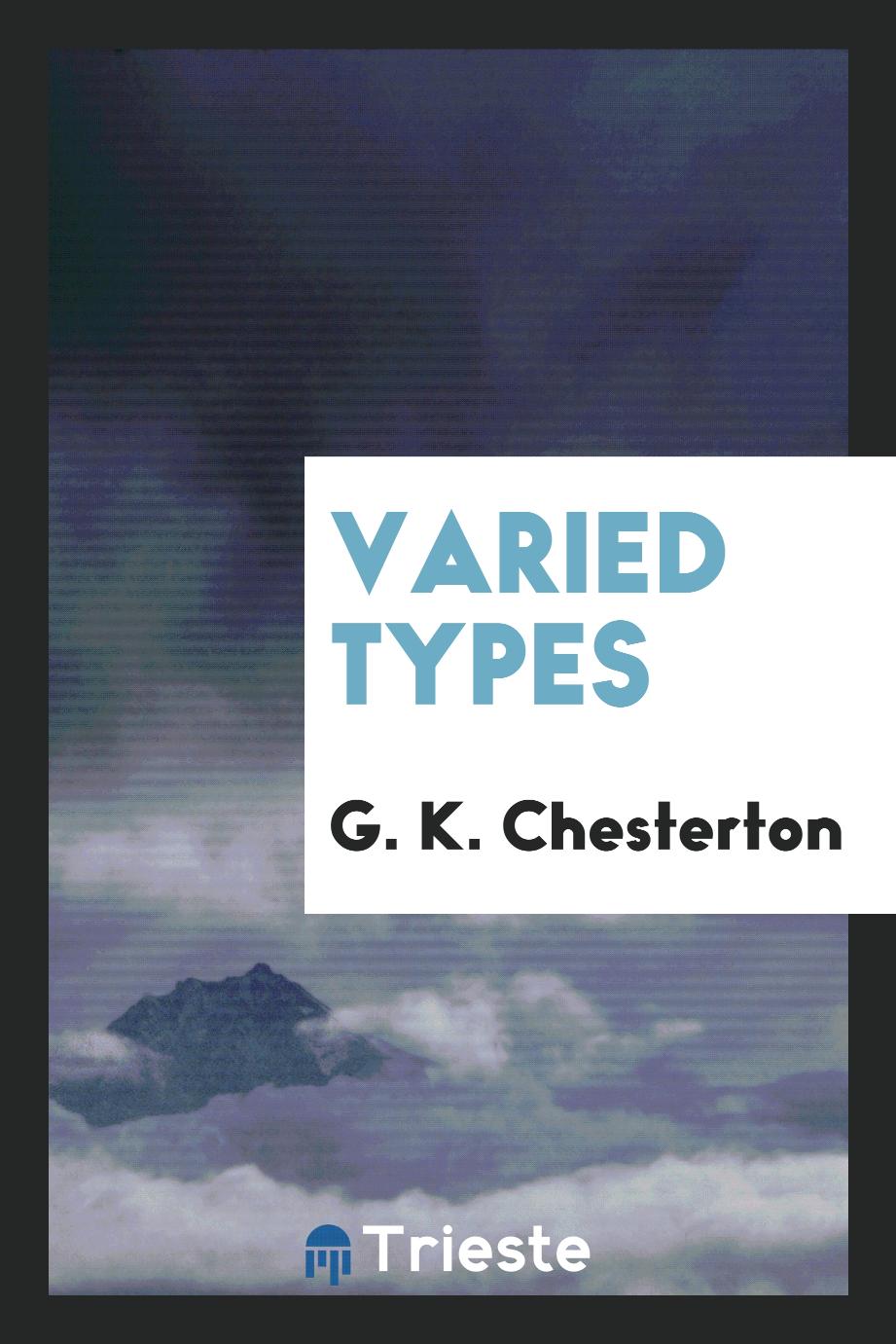
![Charles Dickens: A Critical Study. [New York]](/uploads/books/563/9780649425563.png)
